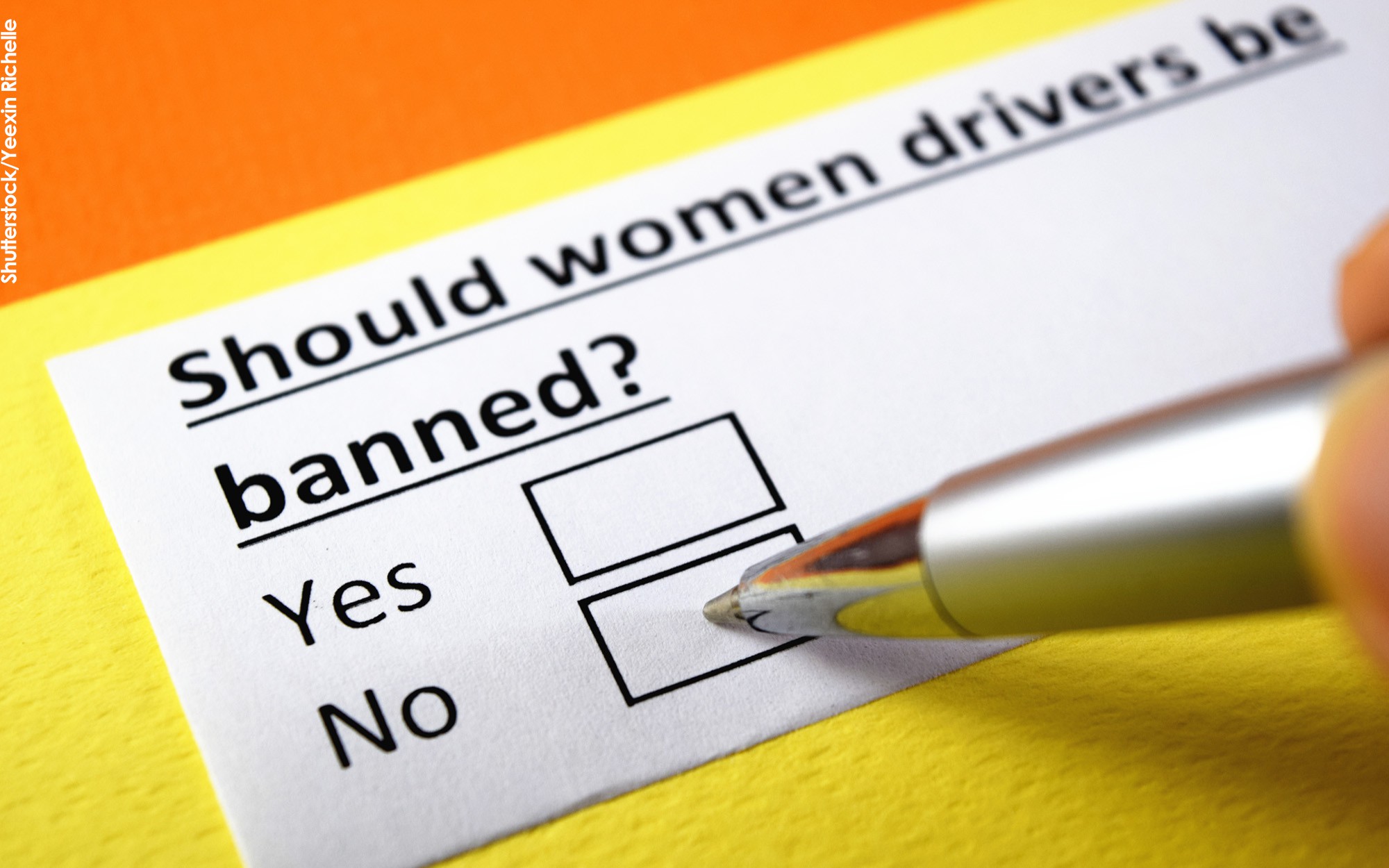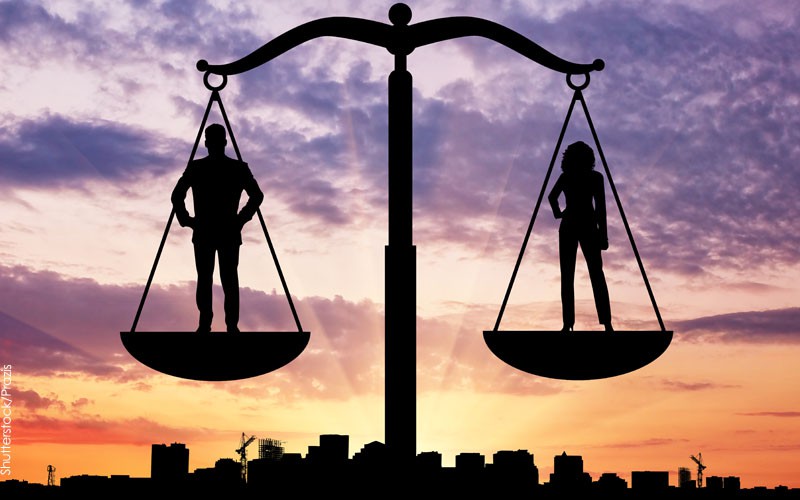“Tell me… what’s your job?” is in fact the hardest question I get asked. Still after a decade in this career I struggle to answer this question, partially because I want to avoid the heavy stereotype and partially because it is not easy to put it into one word. “I am a feminist, I am also a project manager, sometimes a storyteller, and other times simply an Egyptian woman with a loud voice against inequality”.
What does all of this mean? When did it get to be so complicated? It took me a lot of reflection to be able to write these lines in an attempt to immerse you in a feminist’s mind. First of all, feminism is not a profession, it is not a paid job or a 9-5 commitment, try Googling the word and you will stumble across many definitions. There is one common factor between the definitions: feminism is an ideology, a personal belief in a social value, “gender equality”. Or to put it more simply, a feminist is someone who believes that both men and women have equal roles in any society and equal rights and equal responsibilities in life regardless of their biological sex. Theoretically this information should be applauded and adopted by almost everyone (who would disagree right?), yet take a deeper look around you and you will see that not everyone thinks the same way and this is why “work” is needed to change it and demand equality. What I am trying to say is that there is no comprehensive definition of feminism, some identify it with their religion, others to communist beliefs and some even link feminism to Mother Nature; yet we all share this one belief that we are equal in this life.
The second fact is that we live in unequal societies where women are not given the same constitutional rights as male citizens. For instance in Jordan a mother is not allowed to pass her Jordanian nationality to her children unlike the father; in Sudan women are sentenced to public lashing if they wear clothing that can harm “public feeling”- here a pair of jeans is forbidden- a law that does not apply to men. It was shocking for me to know that in Palestine a husband is not legally punished if he rapes his wife (forcing a partner to engage in sexual activity without his/her consent is considered rape) and that in Egypt in the case of adultery, men face imprisonment for only 6 months while women can go to prison for up to 2 years. These are only examples from our culture where laws discriminate between men and women. Progress is taking place however to change these discriminatory measures with countries like Tunisia and Morocco leading in adopting new constitutional amendments that create greater equality in public office and inheritance rights between men and women whilst Saudi Arabia is gradually starting to acknowledge the right of women in driving their own cars (a simple right still denied to women). In 2012 I got the chance to work with other women’s rights activists to study all these discriminatory laws and legislation. We were horrified with how much the Arab countries share and how ancient and rigid the laws that govern us are. I invite everyone reading this article to visit the facebook page “Uprising of Women in the Arab World” and self-reflect on the laws that we identified for each Arab Country under the “Did you Know?” campaign.
Culturally speaking, we live in societies that have inherited a very rigid set of patriarchal values that are gaining more power with the rise of religious fundamentalism. So many statistics indicate that regardless of the level of education, employment, age or social status, sexual harassment is a widespread phenomenon carried out by men and boys in Egypt. Countless projects and research groups tried to analyze what the reason behind this is and many theories appear valid. As a field worker in this area for the past 8 years I am sure of one thing: every harasser knows it is OK to harass, he is confident in his act and knows he will not be punished for it by law nor shamed by society. All the other factors contribute of course, but social acceptance and tolerance of harassment is what every woman suffers from when walking the streets of Egypt. This started to change in the past few years because of the hard “work” of many organizations and individuals to change the social acceptance of this behavior. I recall in 2006 when I was researching the word “harassment” all I could find was the word “flirting”, feminist organizations and active advocates made historical efforts to end this silence and it wasn’t until 2014 that sexual harassment was finally criminalized by law.
Our inherited conservative values continue to teach us that women should stay home and that her right to work remains debatable. It is socially accepted that the husband has the final say on whether his wife should or should not have a job. Ironically, Baseera research center conducted a poll in 2015 that was published by the National Council for Women in Egypt; according to this poll women spend up to 90% of their income on their family while men spend only between 40-60% of theirs.
Domestic violence is another growing form of violence against women in Egypt, it is however one of the biggest social taboos with very little data available about its magnitude. I look around and almost in every family women are blamed for speaking up against any form of abuse and are asked to remain silent to protect their family. The Demographic and Health Survey of 2014 gave us preliminary findings of the scope of domestic violence in Egypt by interviewing around 10,000 women, 22% admitted being slapped by their husbands, 19% are surviving emotional abuse and 7% faced physical violence during pregnancy. These alarming figures probably hide many more facts that remain unknown simply because women are afraid of speaking up, just like they were about sexual harassment a decade ago. And this is why so much “work” is needed to change that and to have domestic violence legally criminalized. This work is not only the responsibility of women’s rights activists and feminists; it is a social responsibility to achieve real development where the rights of women and men are both equally protected in a safe society.
I am a woman living in Egypt, surrounded by all these social misconceptions, violence and inequality but I am also surrounding myself with inspiring people who challenge this reality every day and have their impact on our community. Identifying as a feminist is a choice that I made along with other choices I took to live according to my set of values, to be happy in my own skin and this is both my job and my personal identity.
Sally Zohney is a Gender researcher, women rights campaigner and storyteller based here in Cairo.

